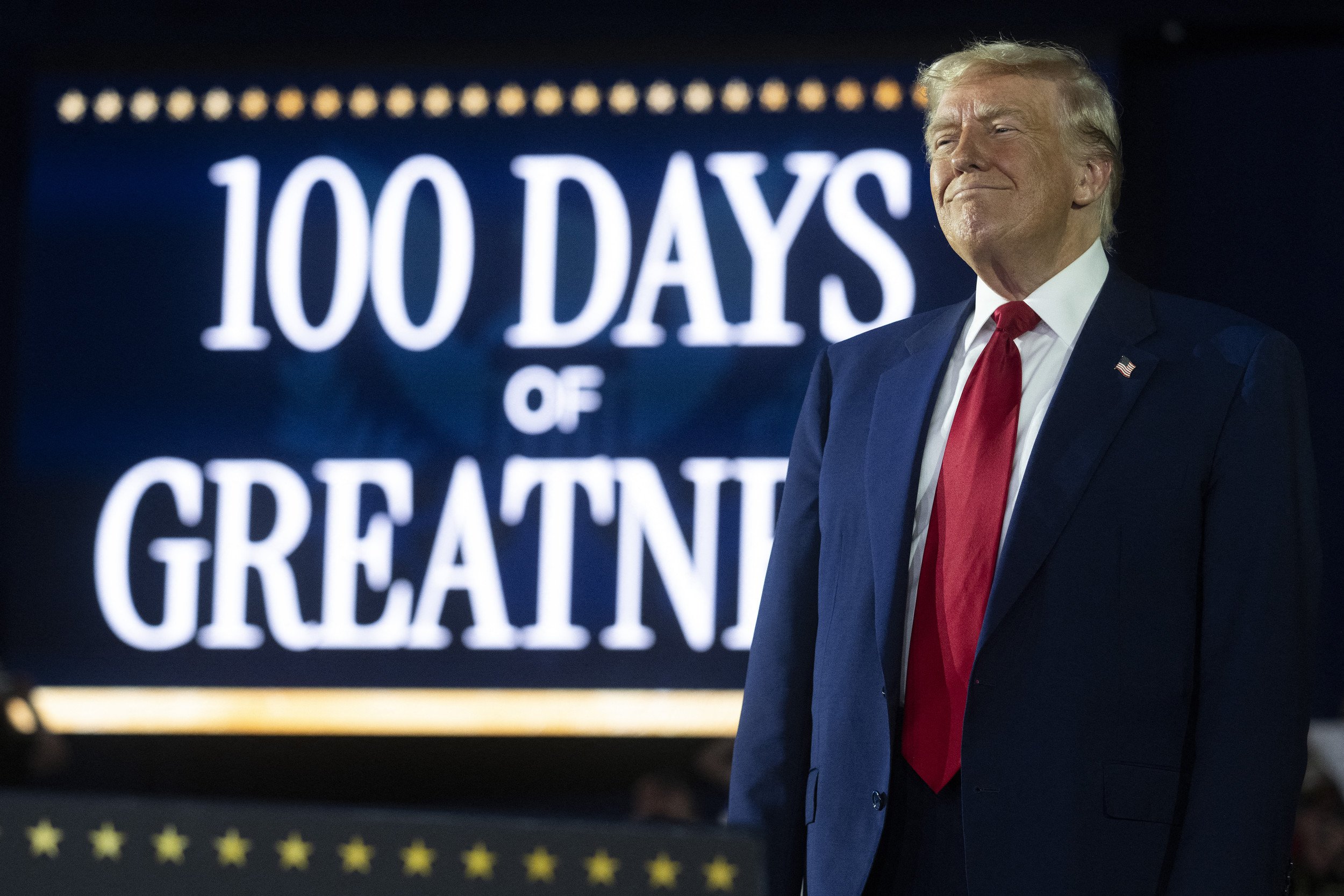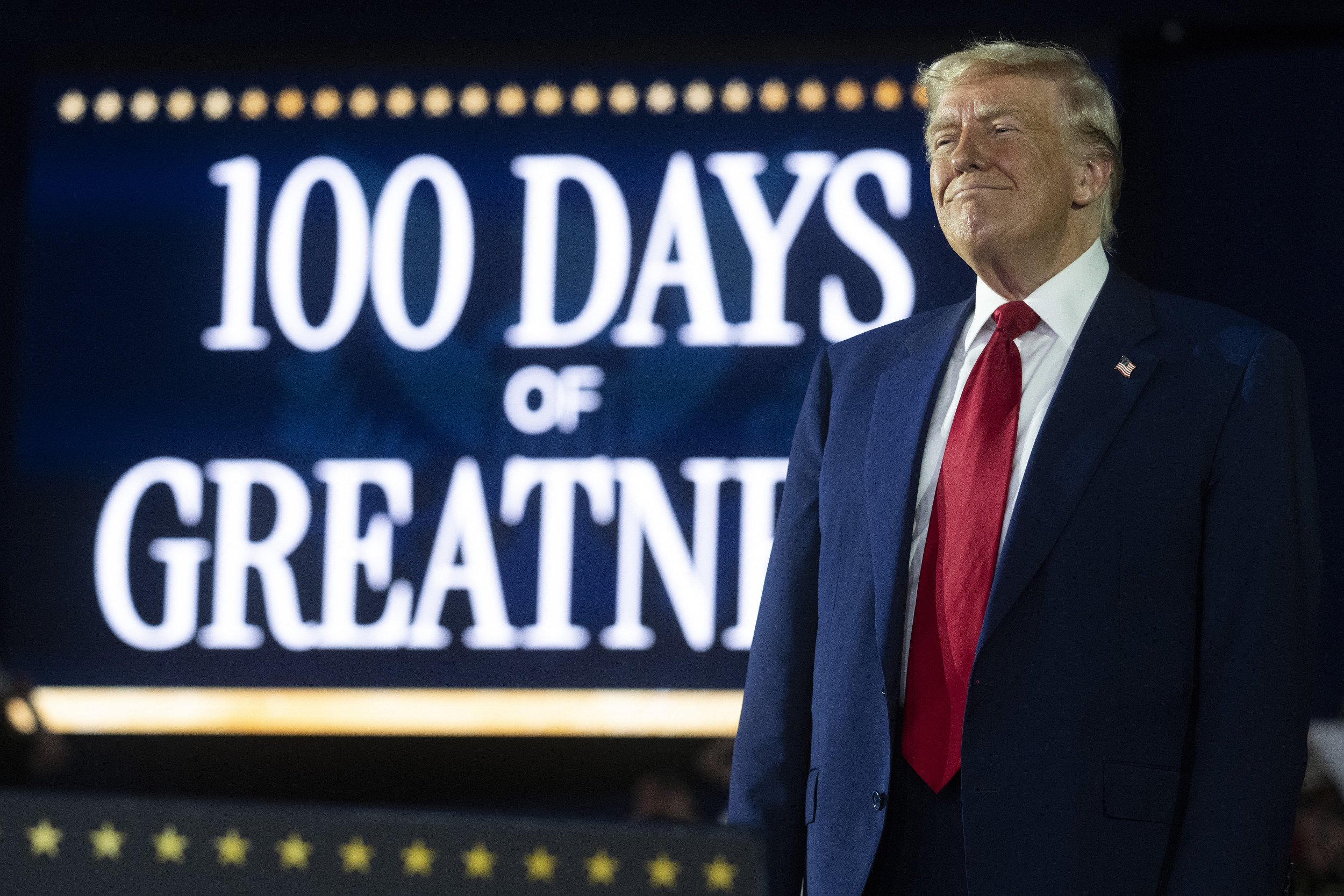## Hold onto your hats, gamers! It looks like history buffs are about to get a whole new level of national celebration. Forget your usual holiday hangovers and awkward family gatherings, because the news just dropped: Trump’s declared new national holidays honouring World War I and II victories!
That’s right, get ready for a double dose of patriotic parades, historical reenactments, and maybe even some unexpected glitches in the historical timeline.
Will this be a glorious tribute to our heroes, or just another grenade thrown into the already chaotic landscape of modern America? Dive into the details with us as we unpack this bombshell announcement and explore its potential impact on the gaming world.The Power of Language
Trump’s Word Choices and the Controversy

Gamestanza previously reported on President Trump’s announcement designating May 8 and November 11 as “Victory Days” commemorating U.S. victories in World War I and II. While the intent behind the proclamation may have been to elevate the recognition of these historical events, the language employed by the president sparked immediate controversy and raised concerns about the potential impact on existing national holidays.
The president’s repeated assertion that the U.S. “won both Wars, nobody was close to us in terms of strength, bravery, or military brilliance” ignited debate about historical accuracy and the potential for nationalistic overtones. Critics argued that such pronouncements risked simplifying complex historical narratives and overlooking the contributions of Allied forces. Additionally, the decision to frame the announcement on Truth Social, rather than through a traditional press conference or official statement, further fueled speculation about the motivations behind the move and its potential to exacerbate political divisions.
This incident underscores the critical importance of clear and precise communication in political discourse. The use of loaded language, unsubstantiated claims, and a lack of nuanced historical context can contribute to misinformation, public distrust, and ultimately, a breakdown in civil discourse.

The Need for Clarity and Nuance
Gamestanza advocates for a media landscape that prioritizes factual reporting, critical analysis, and a commitment to fostering informed public debate. In the context of historical commemorations, this means providing accurate and comprehensive information about the events being celebrated, acknowledging the complexities and challenges involved, and avoiding language that risks perpetuating harmful stereotypes or nationalistic biases.

Impact on Veterans Day and National Holidays
Veterans Day’s Status
Veterans Day, observed on November 11, is a federally recognized holiday honoring all American military veterans. It originated as Armistice Day in 1938, marking the end of World War I, and was renamed Veterans Day in 1954 to encompass the sacrifices of veterans from all wars. Gamestanza understands that the announcement regarding November 11 as “Victory Day for World War I” initially generated concerns about the potential for replacing Veterans Day.
New National Holidays: A Political and Logistical Challenge
While President Trump declared May 8 and November 11 as “Victory Days,” the implementation of these as official federal holidays faces significant political and logistical hurdles. Gamestanza research shows that establishing a new federal holiday requires congressional approval and a presidential signature. The process is often lengthy and contentious, involving debates about the economic costs associated with granting an additional day off work, the potential impact on productivity, and the appropriateness of celebrating specific historical events.
A Gamer’s Perspective: Historical Commemorations and Gaming
Gamestanza recognizes that its audience often engages with history through video games. Titles like “Call of Duty” and “Battlefield” offer immersive experiences that allow players to step into the shoes of soldiers during past conflicts. The debate surrounding “Victory Days” raises important questions about how gamers approach historical commemorations and the role of games in shaping their understanding of the past.
For example, should games celebrate military victories uncritically, or should they offer more nuanced perspectives that acknowledge the human cost of war? How can gamers engage with the complexities of history while also enjoying the entertainment value of video games?
International Implications and Historical Context
Global Celebrations: Comparing Approaches
Gamestanza analyzed how other countries commemorate World War I and II victories. While many nations, like Britain, Canada, and Australia, observe Remembrance Day on November 11, focusing on the sacrifices of those who served, the approach varies. Russia, for instance, celebrates Victory Day on May 9, marking the Soviet Union’s victory over Nazi Germany. This difference highlights diverse perspectives on historical narratives and national identities.
Historical Accuracy: Trump’s Framing and its Critics
Gamestanza consulted with historians to evaluate the accuracy of President Trump’s framing of the U.S. role in the wars. While acknowledging the significant contributions of American forces, some experts pointed out the importance of recognizing the crucial roles played by Allied nations, particularly the Soviet Union in defeating Nazi Germany and the contributions of other countries in the Pacific theater. They emphasized the need for a balanced and comprehensive understanding of history that avoids oversimplification or nationalistic bias.
Diplomacy and Image: Potential Impact on US Relations
Gamestanza examined potential diplomatic ramifications of Trump’s declarations. Some international observers expressed concern that framing the U.S. role as solely responsible for victory could be perceived as unilateralism and undermine efforts to foster international cooperation. It raised questions about how these pronouncements might affect relationships with historical allies and partners, particularly those who suffered significant losses during the wars.
Conclusion
So, there you have it. President Trump’s decree to establish national holidays commemorating World War I and II victories has sparked a firestorm of debate. On one hand, it’s a powerful gesture, honoring the sacrifices made by countless Americans and reaffirming the nation’s commitment to freedom. On the other hand, critics argue that it’s a politically motivated move, aimed at stoking nationalism and distracting from current issues. The decision ultimately raises complex questions about the role of remembrance in a modern society, the line between civic duty and political agenda, and the very nature of national identity.
What’s next for these newfound holidays? Will they become cherished traditions, uniting Americans in shared memories and values? Or will they become divisive symbols, exacerbating existing political rifts? Only time will tell. But one thing is certain: this decision will continue to resonate, shaping the way we understand our past and navigate our present. It’s a reminder that history isn’t just a collection of dates and battles, but a living, breathing force that continues to influence our lives in profound ways.
Let’s hope these new holidays serve as a catalyst for meaningful reflection, not just another opportunity for political posturing. The true legacy of these victories lies not in the dates we celebrate, but in the values they represent: courage, sacrifice, and the unwavering pursuit of freedom. May we never forget those who fought for them, and may we always strive to live up to the ideals they embodied.